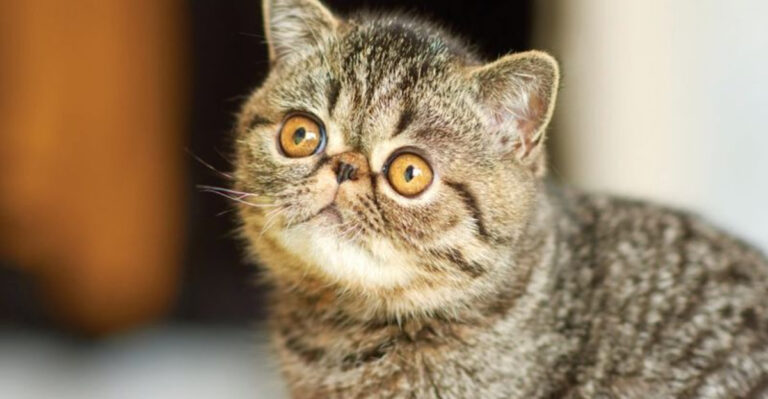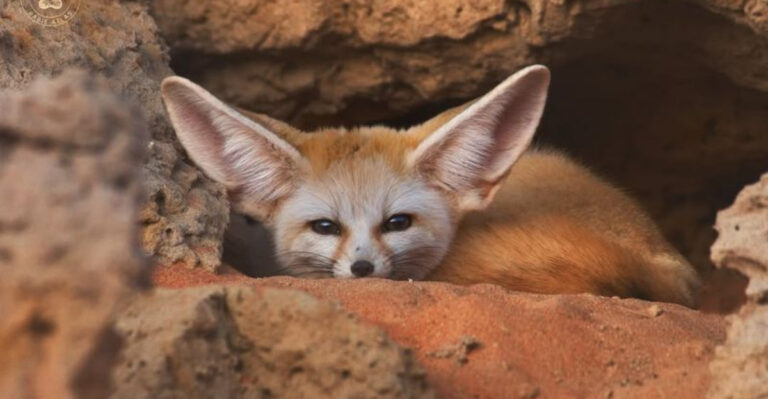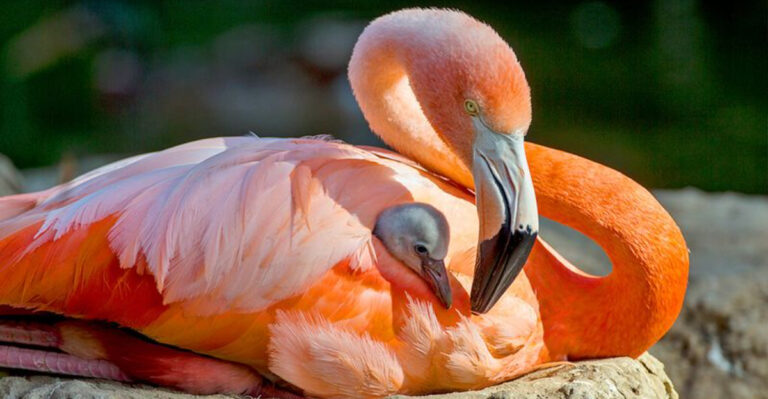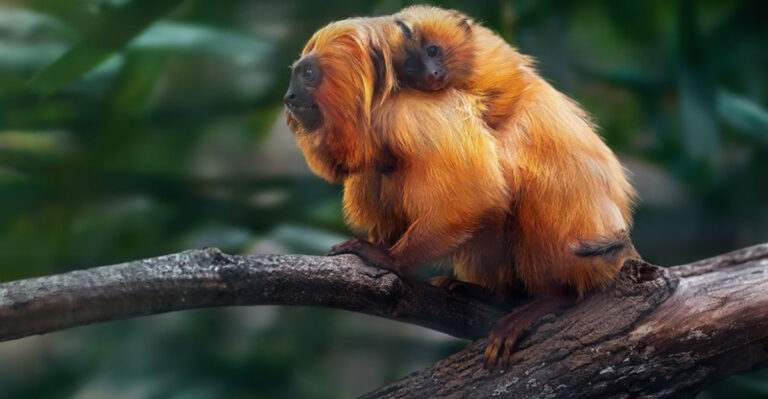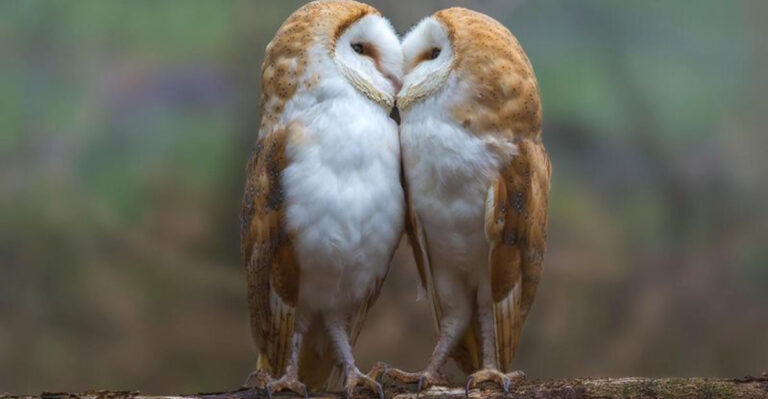6 Ways Dogs Clearly Show Displeasure (And 10 Breeds That Rarely Complain)
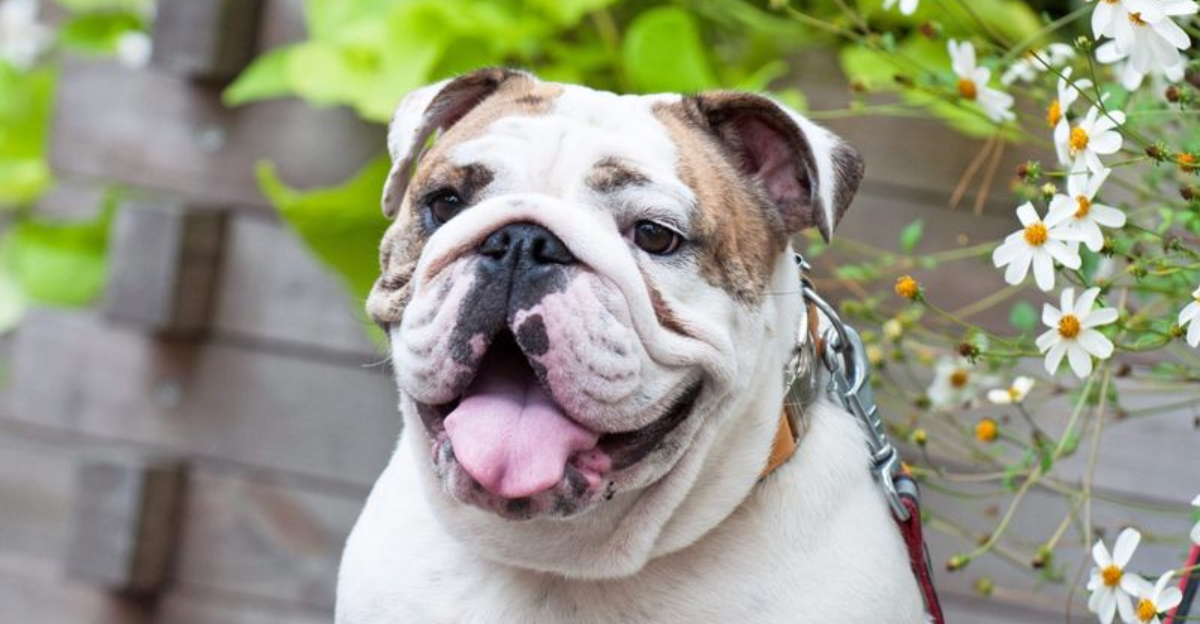
Ever wondered what your furry friend is trying to tell you when they seem upset? Dogs have their own unique ways of expressing displeasure, from subtle body language to more obvious vocal protests.
Understanding these signals can help strengthen your bond and improve your pup’s wellbeing. Just as fascinating are those easygoing breeds that seem to take everything in stride, rarely showing signs of discontent even when things don’t go their way.
1. The Cold Shoulder Treatment
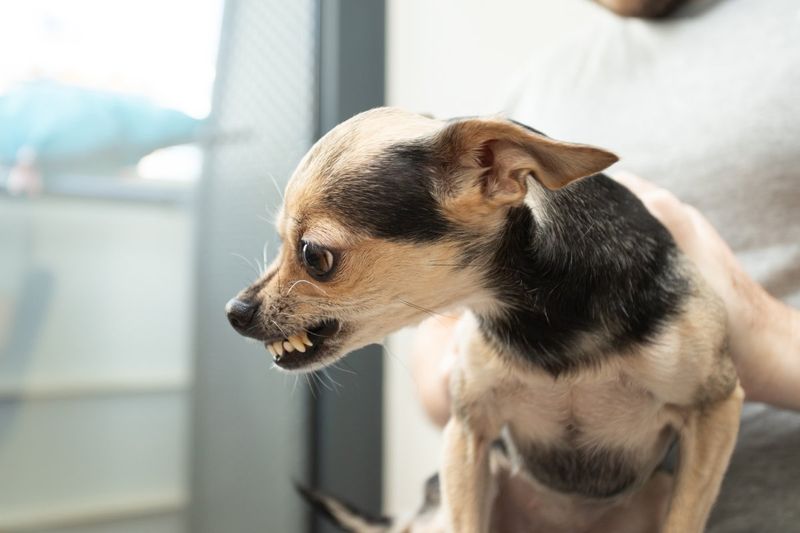
When your normally affectionate pooch suddenly ignores your calls and avoids eye contact, they’re giving you the canine equivalent of the silent treatment. This deliberate distancing speaks volumes.
Dogs are social creatures who thrive on connection. When they purposefully create space between you and them, it’s their way of communicating disappointment or hurt feelings.
2. Growling: Their Verbal Warning
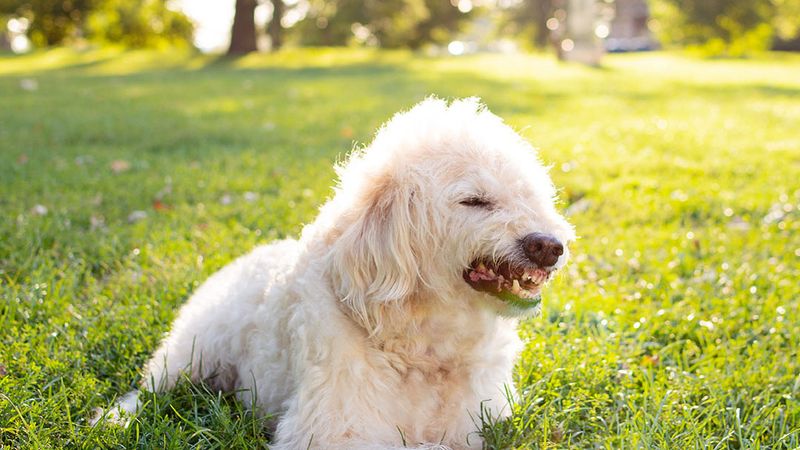
That low, rumbling sound from your dog’s throat isn’t just noise—it’s sophisticated communication. Growling serves as a clear warning sign that your pup has reached their comfort limit.
Rather than punishing this behavior, respect it as their attempt to communicate before resorting to more drastic measures. It’s their way of saying, “I’m really not okay with what’s happening right now.”
3. Tail Position Changes
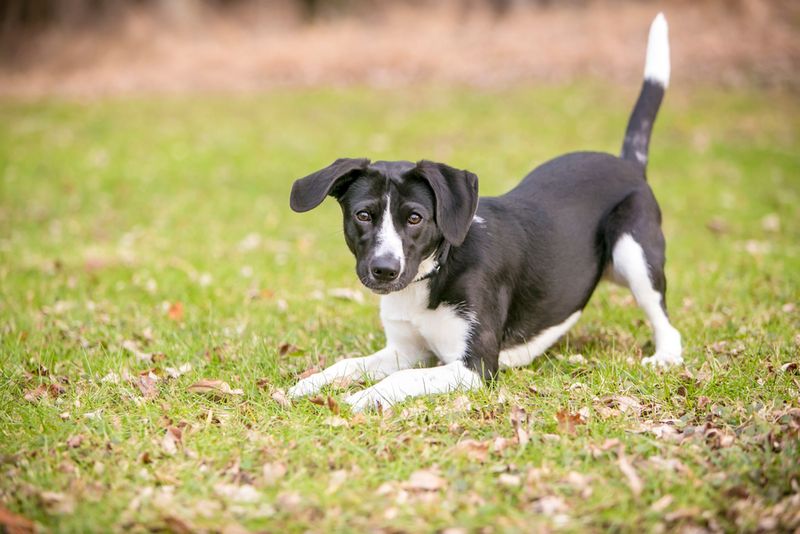
A dog’s tail works like an emotional barometer. When that usually wagging appendage suddenly tucks between their legs or stands stiffly upright, your furry friend is signaling distress or irritation.
Different breeds have different tail carriage norms, so get familiar with your dog’s happy tail position. Any significant deviation from this baseline is worth noting as potential displeasure.
4. The Side-Eye Glance
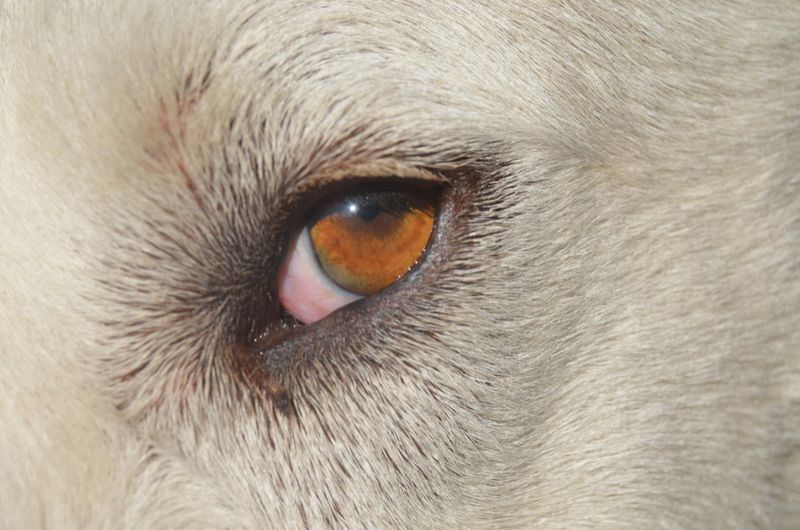
That sideways glance with the whites of their eyes showing (known as “whale eye” in dog training circles) speaks volumes about your dog’s emotional state. It typically appears when they’re feeling uncomfortable but aren’t ready to remove themselves from the situation.
You might notice this look when someone hugs your dog who doesn’t enjoy embraces, or when children play too roughly.
5. Excessive Yawning Or Lip Licking
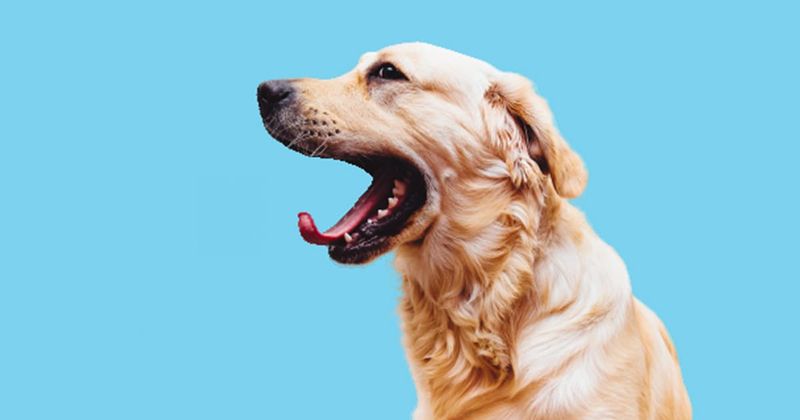
Contrary to popular belief, these behaviors often have nothing to do with hunger or tiredness. When your dog repeatedly yawns or licks their lips in certain situations, they’re displaying calming signals in response to stress.
Watch for these subtle cues during vet visits, when meeting new dogs, or in crowded spaces. These self-soothing behaviors indicate your pup is trying to manage feelings of unease.
6. Destructive Behavior

Finding your favorite shoes chewed to pieces isn’t your dog’s revenge plot—it’s often a cry for help. Destruction frequently signals boredom, anxiety, or frustration with their current circumstances.
Dogs need mental stimulation and physical exercise. When these needs go unmet, they’ll find their own outlets. That shredded couch cushion might actually be saying, “I need more enrichment in my life!”
7. Golden Retrievers: The Sunny Optimists
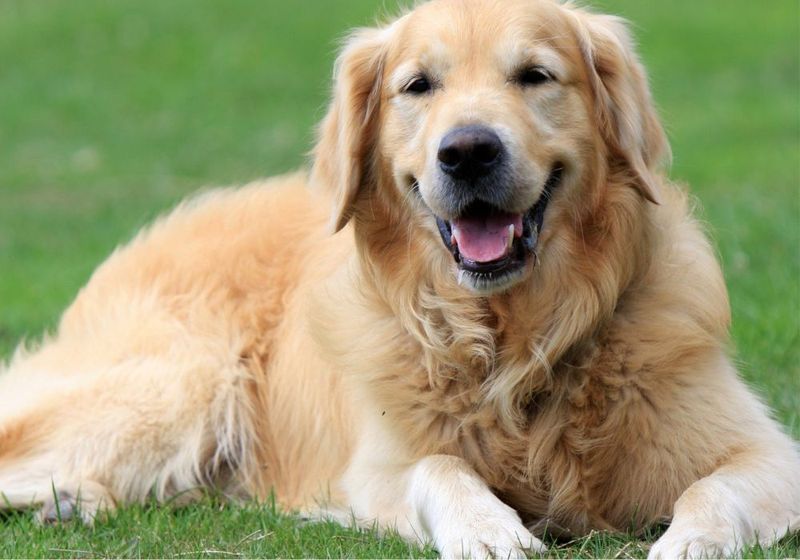
With their perpetual smile and wagging tail, Golden Retrievers approach life with a glass-half-full attitude that’s hard to dampen. These golden-hearted companions rarely vocalize complaints, preferring to adapt rather than protest.
Their people-pleasing nature means they’ll often tolerate minor discomforts without fuss. This agreeable temperament makes them exceptional family dogs but requires owners to be extra attentive to subtle signs of distress.
8. Cavalier King Charles Spaniels: Royal Composure
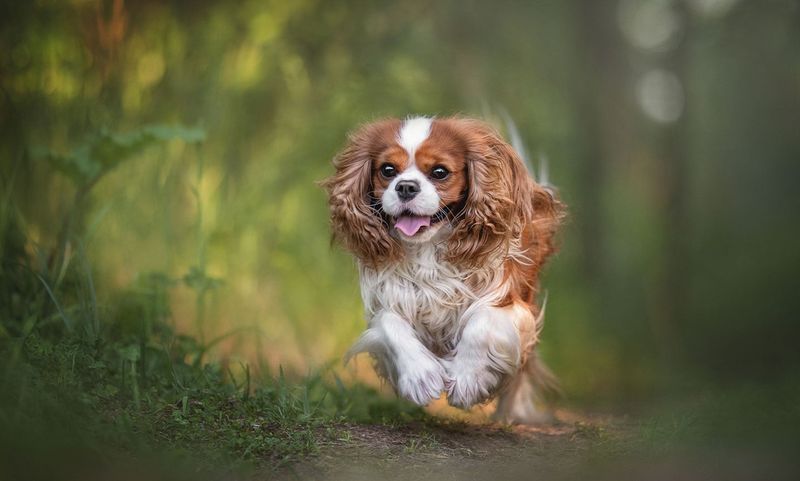
Living up to their regal heritage, Cavaliers maintain a dignified demeanor even when circumstances aren’t ideal. These velvet-eared companions rarely make a fuss, enduring minor inconveniences with aristocratic grace.
Their gentle, adaptable nature makes them exceptional therapy dogs. While they might silently endure discomfort, their expressive eyes often tell the real story, so attentive owners learn to read these subtle cues.
9. Newfoundlands: Gentle Giants With Infinite Patience
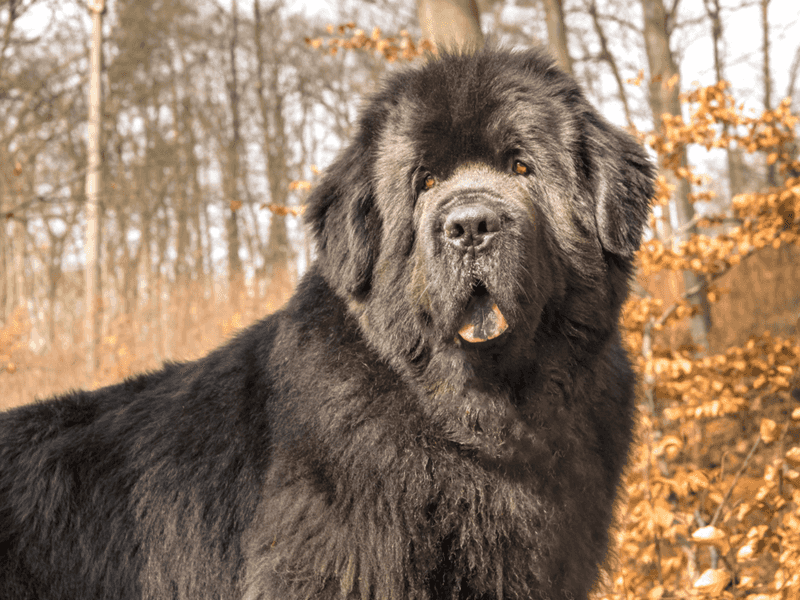
These massive, bear-like companions bring a zen-like calm to every situation. Newfoundlands, affectionately known as “Newfies,” possess an extraordinary tolerance threshold that makes them nearly unflappable in the face of chaos.
Historically bred as working dogs for fishermen, they developed remarkable resilience. Their stoic nature means they rarely complain, even when uncomfortable, making it essential for owners to check regularly for signs of distress.
10. Greyhounds: The Quiet Speedsters
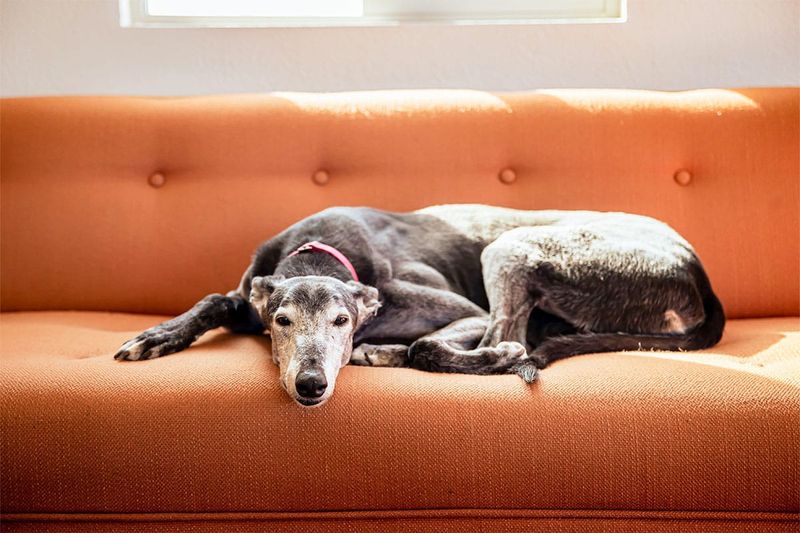
Despite their racing background, retired Greyhounds transform into zen masters of relaxation who rarely voice complaints. These elegant sprinters are often called “40mph couch potatoes” for their surprising contentment with lazy days.
Their quiet, undemanding nature makes them ideal apartment dwellers. While they’ll happily join for exercise, they’re equally pleased lounging in sunbeams. Their subtle communication style means owners should watch for changes in their peaceful demeanor.
11. Bernese Mountain Dogs: Stoic Workers
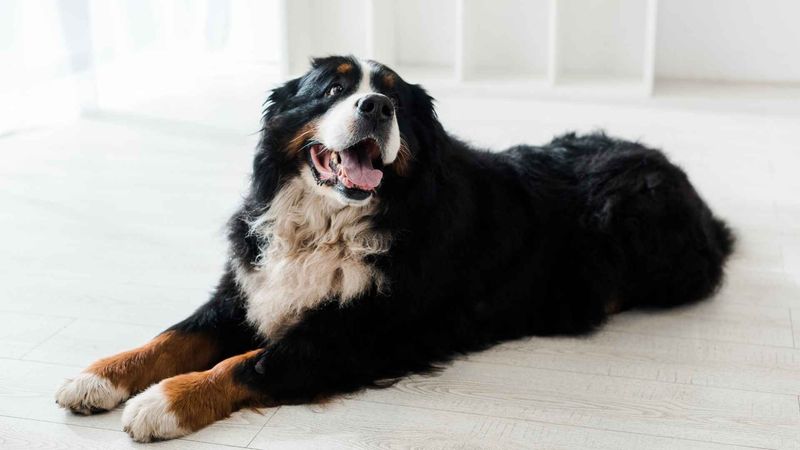
Hailing from the Swiss Alps, these tri-colored beauties carry themselves with dignified resilience. Bernese Mountain Dogs were bred to work tirelessly in harsh mountain conditions, developing a remarkable tolerance for discomfort.
Their steadfast nature means they rarely grumble about minor inconveniences. Instead, they approach challenges with the same determined spirit that made them invaluable farm helpers. This stoicism can sometimes mask health issues, so regular check-ups are essential.
12. Labrador Retrievers: The Cheerful Companions
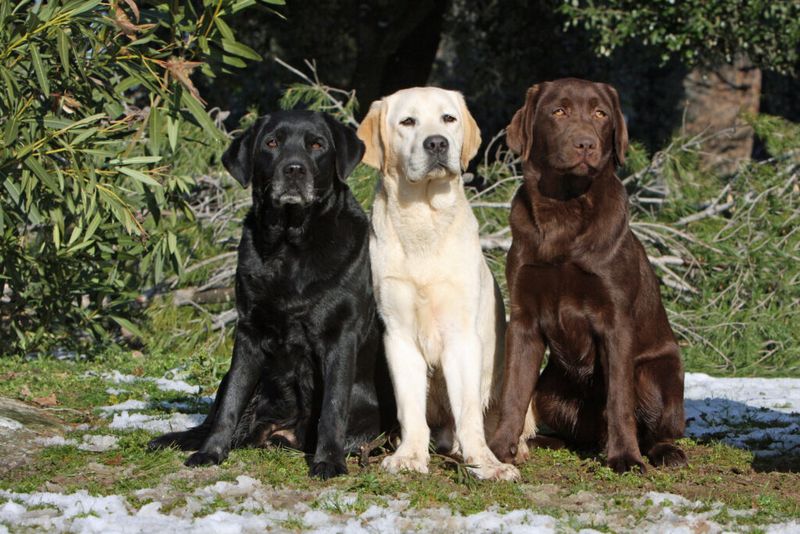
America’s favorite breed earned its popularity through an exceptionally positive outlook on life. Labs approach each day with boundless enthusiasm and a remarkable ability to find joy in almost any situation.
Their food-motivated nature means they’ll happily cooperate for a treat. While they might express excitement with their whole body, complaints are rarely part of their vocabulary. This sunny disposition makes them excellent service dogs who can handle changing environments.
13. Basset Hounds: The Laid-Back Loungers
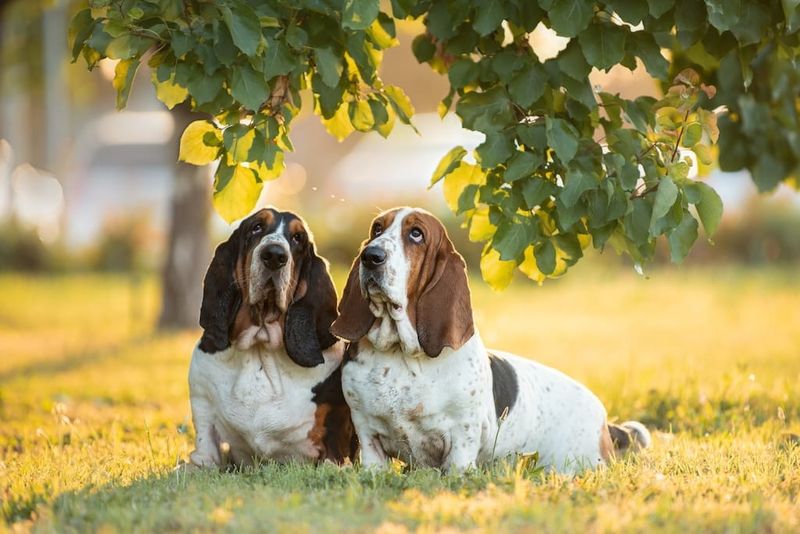
With their droopy eyes and long, pendulous ears, Basset Hounds embody a philosophy of taking life as it comes. These low-riding scent hounds rarely get ruffled by changes in routine or minor disappointments.
Their easygoing nature stems from their hunting heritage, where patience was essential. While they might occasionally vocalize with their distinctive baying howl, it’s typically reserved for tracking, not complaining. Their comical appearance often masks a deeply philosophical soul.
14. Bulldogs: Imperturbable Companions
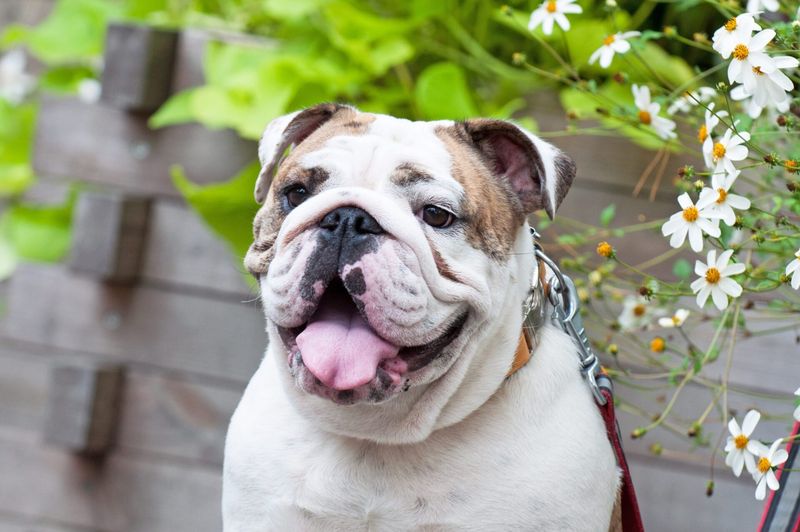
Behind that wrinkled face lies a spirit of remarkable tolerance. Bulldogs approach life’s ups and downs with the same unfazed expression, rarely bothering to complain about circumstances they can’t change.
Their stubborn streak means they might quietly refuse activities they dislike rather than make a fuss. This stoic acceptance extends to everything from weather changes to schedule disruptions. Their calm demeanor makes them excellent companions for busy households.
15. Great Pyrenees: Mountain Sentinels
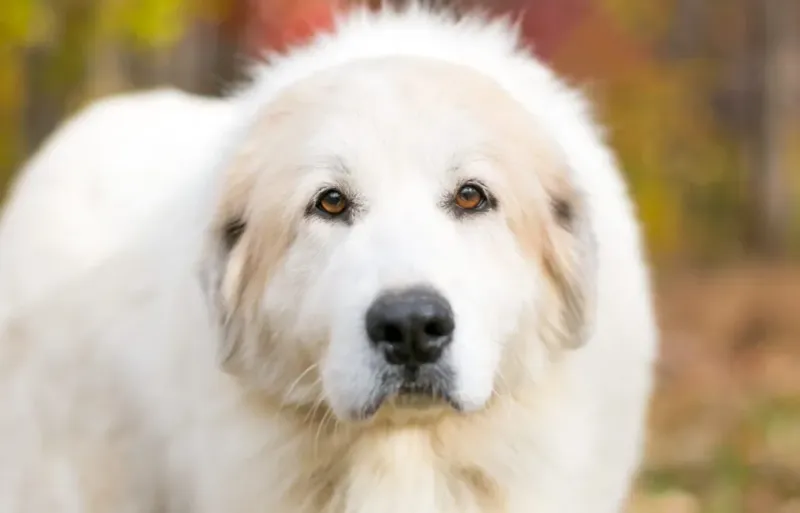
Bred to guard flocks in harsh mountain environments, Great Pyrenees developed exceptional resilience and independence. These majestic white guardians take everything in stride, from weather extremes to household chaos.
Their self-reliant nature means they rarely seek help or complain when facing challenges. Instead, they assess situations with quiet dignity and make their own decisions. This independent streak requires owners who appreciate a dog that thinks for itself.
16. Clumber Spaniels: The Easygoing Aristocrats
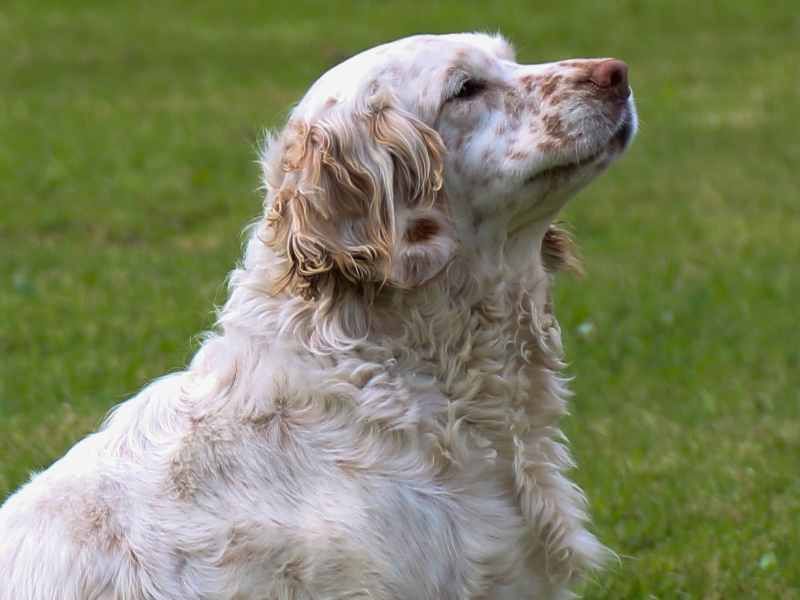
Among the rarest of AKC breeds, Clumber Spaniels bring a uniquely mellow approach to canine life. These heavy-boned, cream-colored spaniels move through the world with deliberate calm and remarkable tolerance for life’s inconveniences.
Originally bred for British royalty, they maintain a dignified demeanor even when circumstances aren’t ideal. Their gentle persistence makes them excellent hunters who rarely get discouraged. This patience extends to family life, where they tolerate children’s antics with good-natured acceptance.

